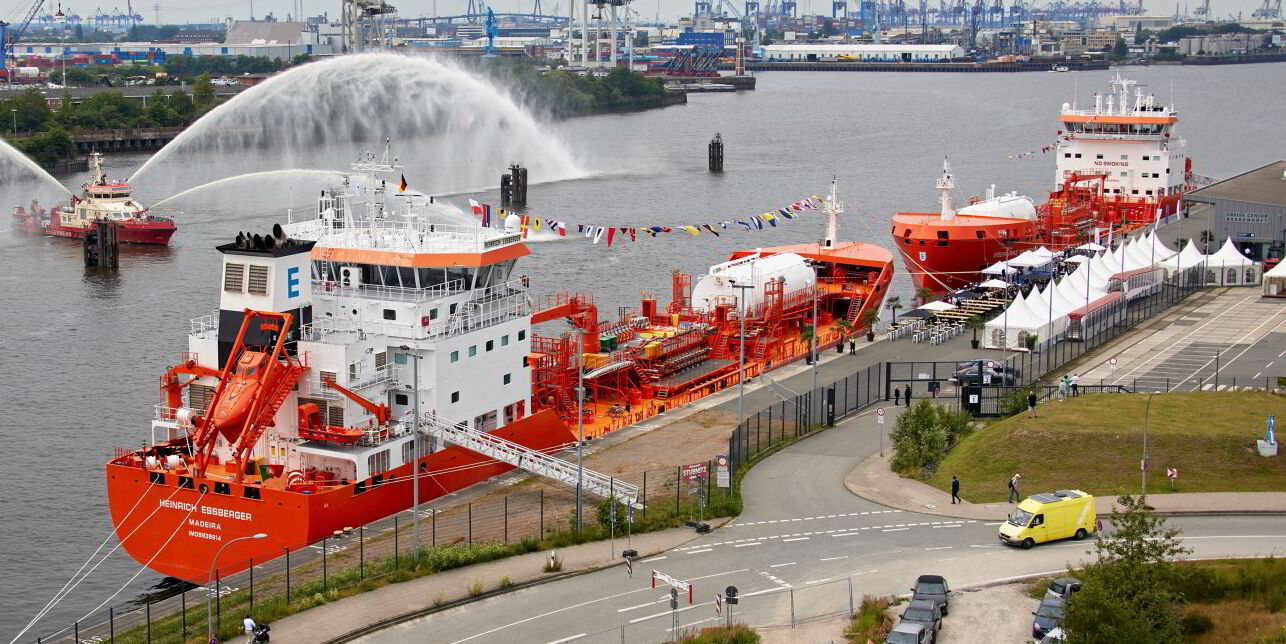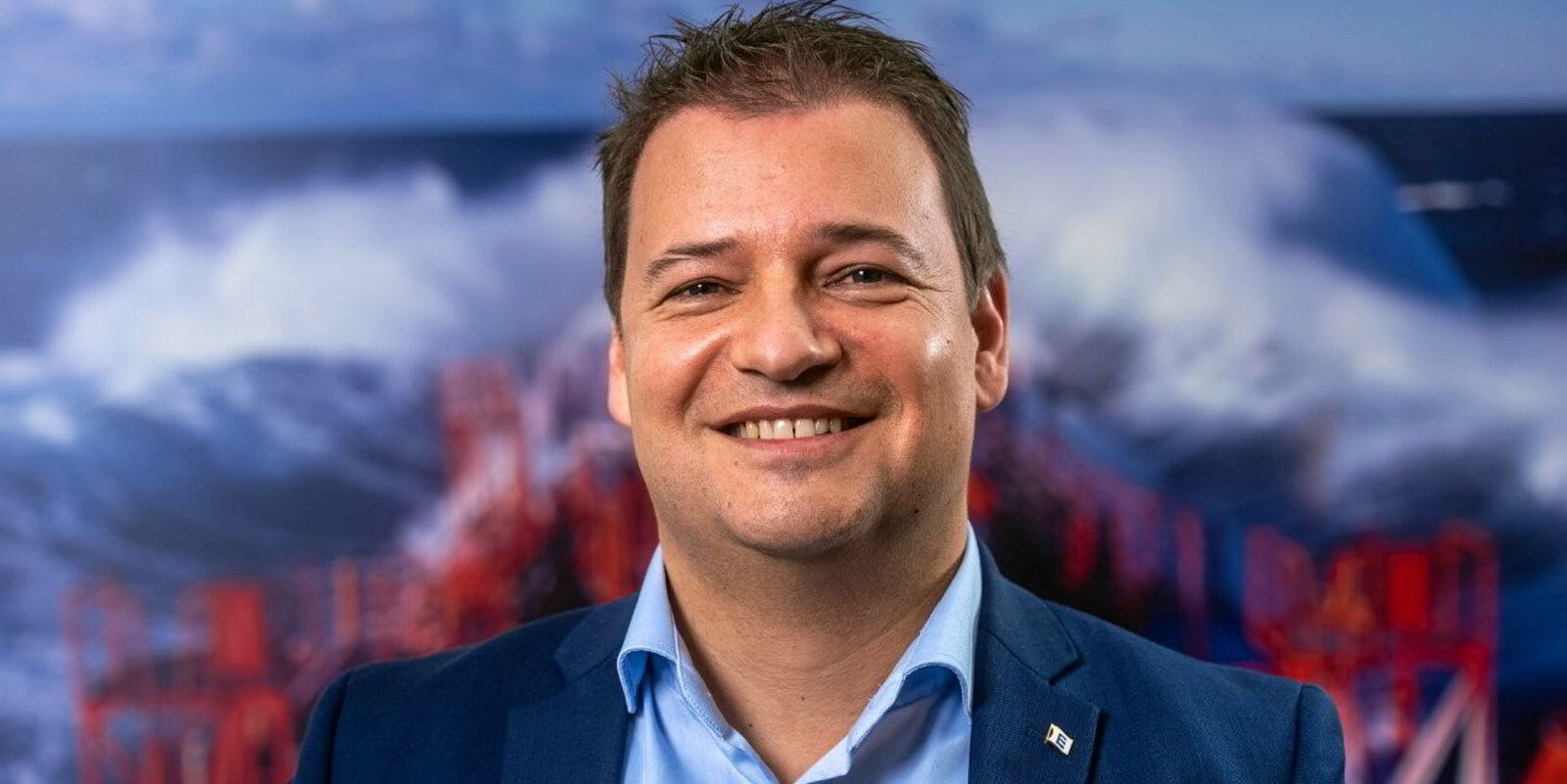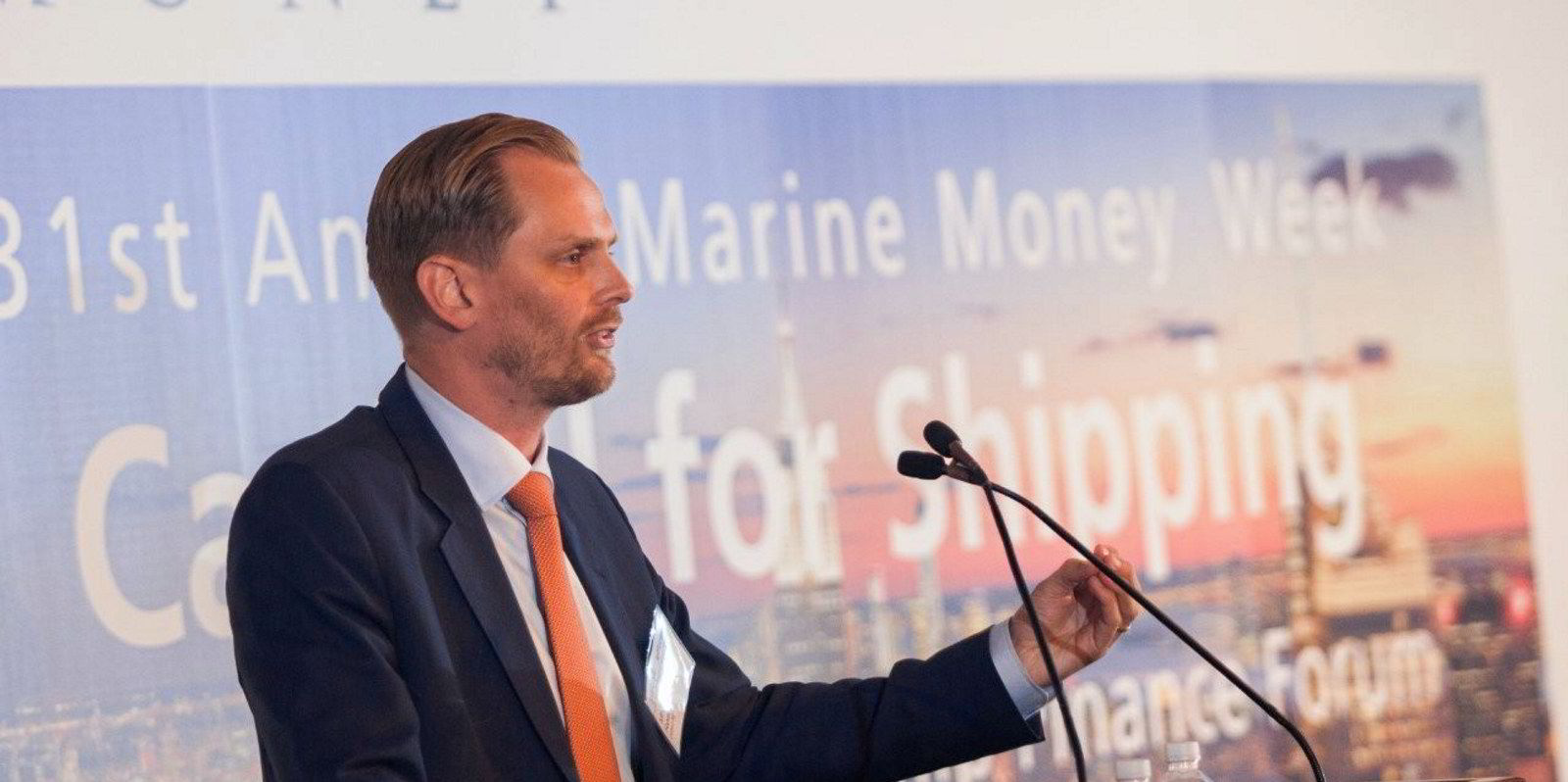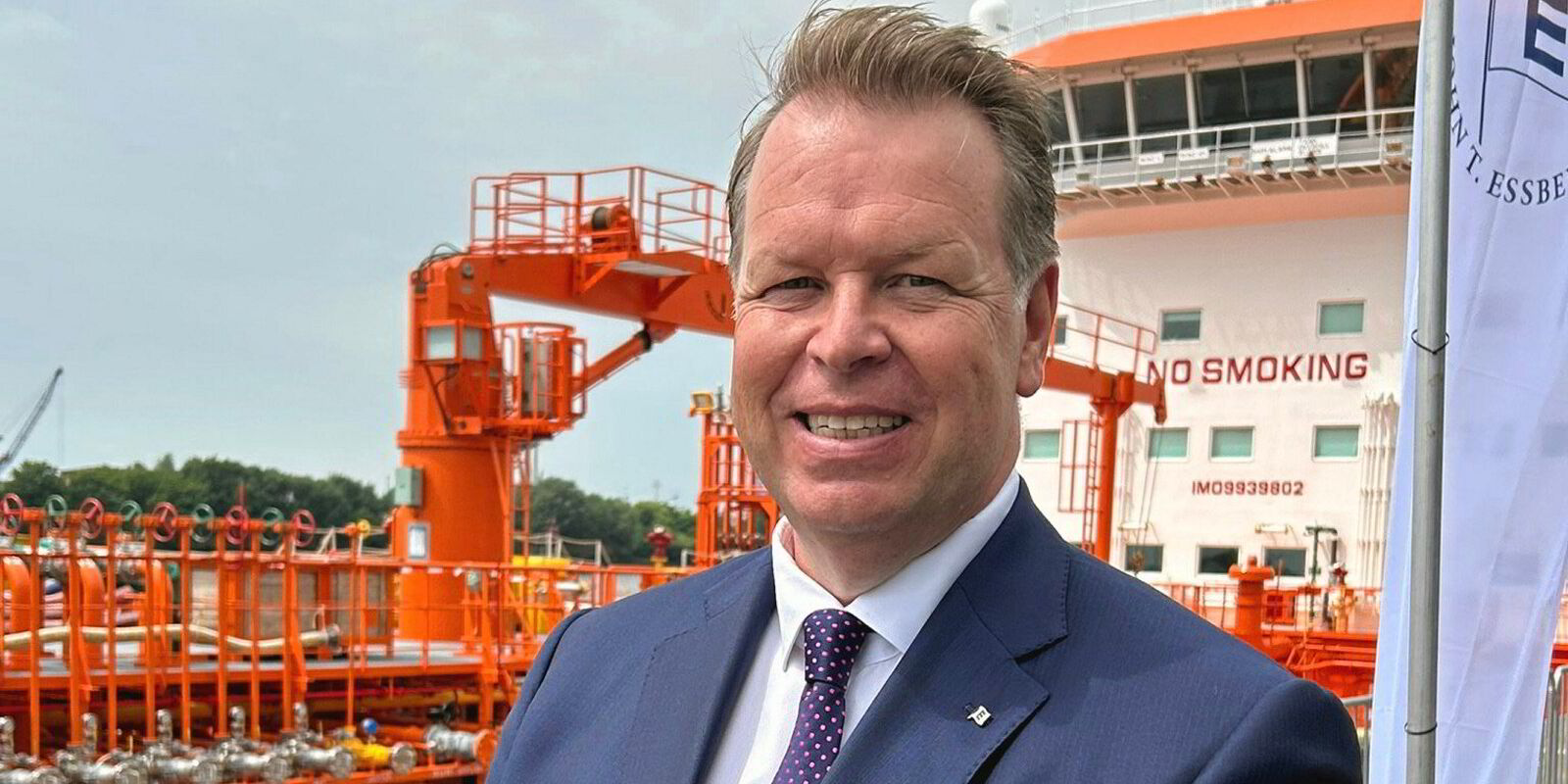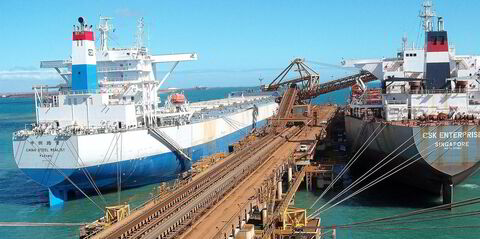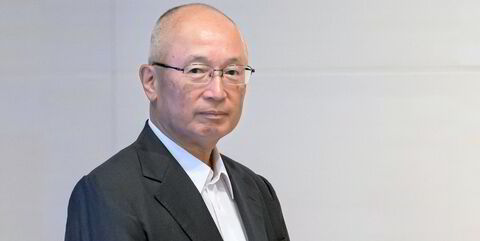Departing E&S Tankers managing director Jan Eghoej feels the time is right to leave the company after five-and-a-half years.
His exit was announced yesterday with Malte Willer taking over the top job at the joint venture between two of Europe’s leading parcel tanker operators, Essberger Tankers and Stolt Tankers.
Eghoej said he was not under pressure to leave and was exiting with the company in a strong position.
“It’s not that I need to leave at all. But I felt the timing was right, as business is good,” he told TradeWinds.
“We’ve done good things, not just myself but the team as a whole, over the past few years.”
On a personal note, Danish executive Eghoej had been commuting from Denmark to E&S Tankers’ base in Hamburg four days a week.
He admitted that although it was not the main driver behind his departure, “it would be nice to have just one home”.
On where his futures lies, Eghoej has yet to confirm his plans, but said he would be staying within the shipping industry.
“I’ll remain in shipping, as it’s what I like to do. I have a couple of things I am looking at for my future, however, it’s still not finalised until after the summer,” he said.
Eghoej started out in the industry when he set up Crystal Nordic in 2016, a joint venture owned by Nordic Tankers and Borealis Maritime and a rival to Essberger Tankers. That company was ultimately merged into E&S Tankers.
“This business is still very close to my heart, it’s a family company who have just celebrated their 100-year anniversary. So, I’ll still follow them as I’ve invested a lot of time and effort,” he added.
Eghoej outlined that the shortsea tanker market had been improving more or less constantly since 2019.
Although Covid was “a relatively tough period”, an uptick followed, especially after the start of the Russia-Ukraine conflict.
“This was driven by a lack of supply of ships in our segment meaning that there were non-EU ships that used to trade with us, who are now doing business which none of us would ever consider doing,” he said.
Shedding more light on non-European Union vessels trading mainly in the Black Sea, including Russian cargoes, he added, “You also see that with these big tankers and shadow fleets … but that is clearly something that we would never ever consider touching, that is very clear.”
On the future of the market, Eghoej expects a relatively tight supply of ships to continue on the tanker side, at least for the next three years.
“There are very few slots available where you can have a ship delivered before 2028, so combining that with a relatively ageing fleet, I expect the market to remain quite firm in the coming years.”
